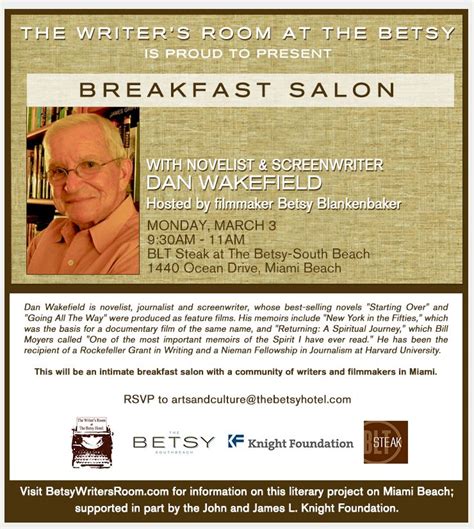A Quote by Adam Cohen
It was not until the civil rights movement of the 1950s and '60s that Congress got serious about the assignment laid out in the post-Civil War amendments.
Related Quotes
When I began writing poems, it was in the late 60s and early 70s when the literary and cultural atmosphere was very much affected by what was going on in the world, which was, in succession, the civil rights movement, the antiwar movement, and the women's movement in the 60s, 70s, and into the early 80s. And all of those things affected me and affected my thinking, particularly the Vietnam War.
Eventually [black men] are arrested, whether they've committed any serious crime or not, and branded criminals or felons for life. Upon release, they're ushered into a parallel social universe in which the civil and human rights supposedly won during the Civil Rights Movement no longer apply to them.
In less than a century we experienced great movement. The youth movement! The labor movement! The civil rights movement! The peace movement! The solidarity movement! The women's movement! The disability movement! The disarmament movement! The gay rights movement! The environmental movement! Movement! Transformation! Is there any reason to believe we are done?
































